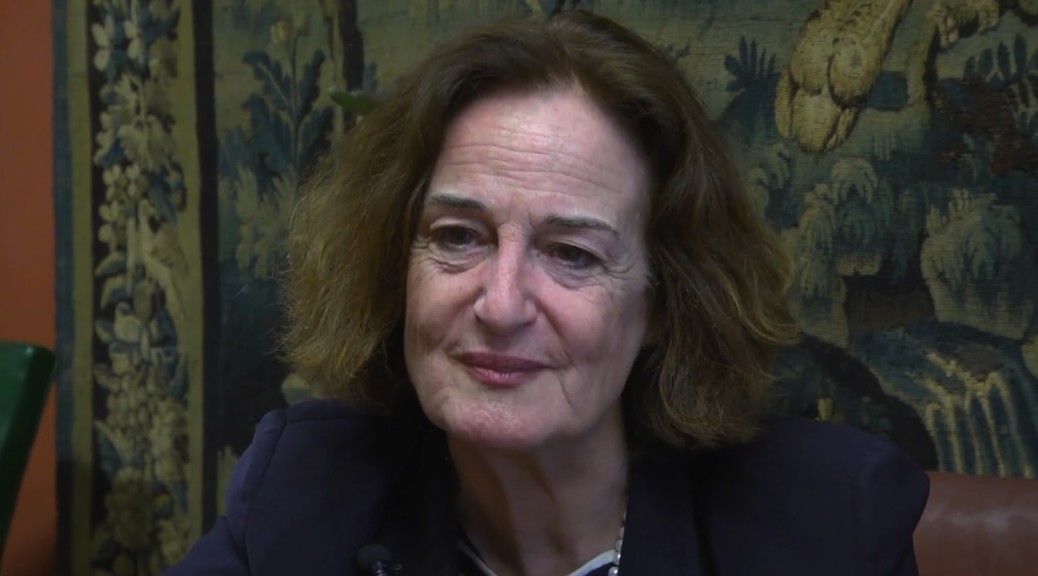VICTORIA DE GRAZIA
Moore Collegiate Professor of History
Director of IRWGS, 1994-96
So I missed that period with Roz [Morris]. At the same time, I’m hugely sympathetic with Roz’s political engagement. After I came back I worked with her, but at that time I think she’d stopped being the director. We’d worked together to founded this CU-FACT, this little network. How do we put together a listserv? Big deal. It meant a lot then in terms of all this conflict around Iran, around accusations of anti-Semitism, the lack of desire and capacity to protect junior faculty, to enable them.
I missed what, in retrospect, and from what you’re saying, was probably a big turning point in connecting the institute to a new level, a new kind of engagement of younger faculty, more of them crossing numbers of disciplines, and also tying to new social movements. I’m still trying to figure out the timing of that. There was a big increase in politicization around the Iraq War. We were, I think, probably the first place, which had this enormous protest, and then all the fallout—the repression and this and that, which began to make things very complicated and tortured internally. It wasn’t just women at all. There were a lot of men, Middle Eastern or—
That was disturbing, that you had to be so protective of the quality of speech in order to have an impact, and you couldn’t tolerate somebody spouting off. The organization was very good at that in those days, because we had people who had had a lot of organizational experience. It matters when you’re organizing a big event and get people lined up, and da-da-da-da-da, and they can only speak X, Y and Z. It matters.
It became very visible that certain things would be picked up on and circulated. They would be sent around and sent around, and pretty soon someone could get a monstrous email saying God knows what. That must have been the moment when this kind of ad hominem attack started when one person would be taken as representing the whole. Then the university would say, “Oh, my God, there goes five million in donations.” Then what happened after our first big protest against the Iraq invasion? On the anniversary the year after there was another moment of organization. We did a lot of organizing to prevent and to protect it, and then hardly anybody came. Then I don’t think there was a third year, nobody came.

